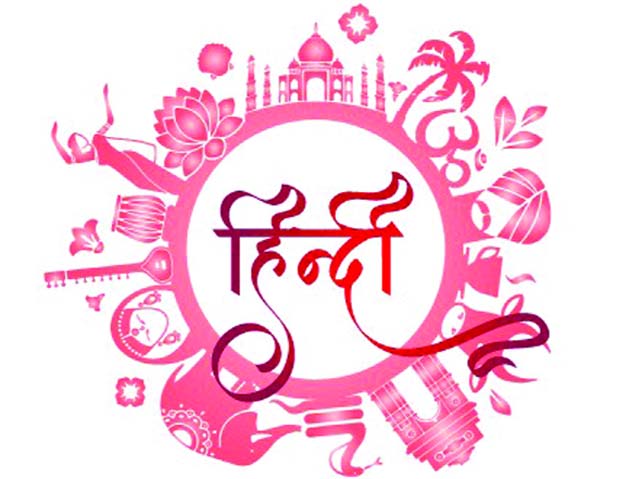Dr. Shiben Krishen Raina
As we approach another Hindi Divas on September 14, 2023, deliberations need to be carried out by Hindi enthusiasts sincerely and dispassionately on this emotive issue.
Hindi Divas is undoubtedly a momentous occasion to celebrate the richness of our national language and culture. However, as we embrace this celebration, it is imperative that we address a pressing issue – the need to connect Hindi with ‘necessity.’ While our emotional attachment to Hindi’s literature is undeniable, the true progress and sustainability of our language lie in its practical utility.
In today’s fast-paced, economically driven world, the value and respect accorded to any language are determined not solely by our sentimentality towards its literature but by its ability to offer employment opportunities. The increasing inclination of today’s youth towards English and indifference towards Hindi is not unfounded. The reality is that, beyond poetry and stories, Hindi has not witnessed substantial contributions in various fields, including science, medicine, engineering, management, and more.
Hindi Divas
One of the primary reasons for this gap is the limited contribution from Hindi speakers themselves. In fields such as science, technical knowledge, medicine, linguistics, sociology, and economics, we continue to rely on research and theories from Western countries. Though we excel in the fields of Indic studies, religion, astrology, and Ayurveda, but these are insufficient to meet the needs of modern education and employment.
Our young students, aspiring to pursue careers in science, medicine, engineering, management, or law, find themselves compelled to learn English. The scarcity of well-written Hindi textbooks in these subjects is a significant obstacle. Even when translations are available, they often prove complex and inaccurate, prompting students to turn to English resources for clarity and accuracy.
The undeniable fact is that if we do not establish Hindi as a language of science, technical education, and employment within the next one or two decades, future generations may relegate it to a mere language of literary enthusiasts and orators.
Therefore, I earnestly urge the organizers of Hindi Divas and Hindi Weeks to give thoughtful consideration to this issue. Let us approach this matter not with excessive emotion but through deliberate planning and action. To ensure the future of Hindi, we must encourage original contributions in Hindi across various fields, fostering a generation of Hindi-speaking scientists, engineers, doctors, and managers.
This endeavor requires collaboration between government bodies, educational institutions, and the private sector to create a conducive environment for research, publication, and education in Hindi. Only by doing so can we make Hindi a language of necessity, offering opportunities and empowerment to its speakers.
I believe that, together, we can shape a brighter future for Hindi, where it thrives as a language of both culture and utility. Let us work towards this shared goal and secure the rightful place of Hindi on the global stage.
(The author is Senior Fellow Ministry of Culture Govt of India)


